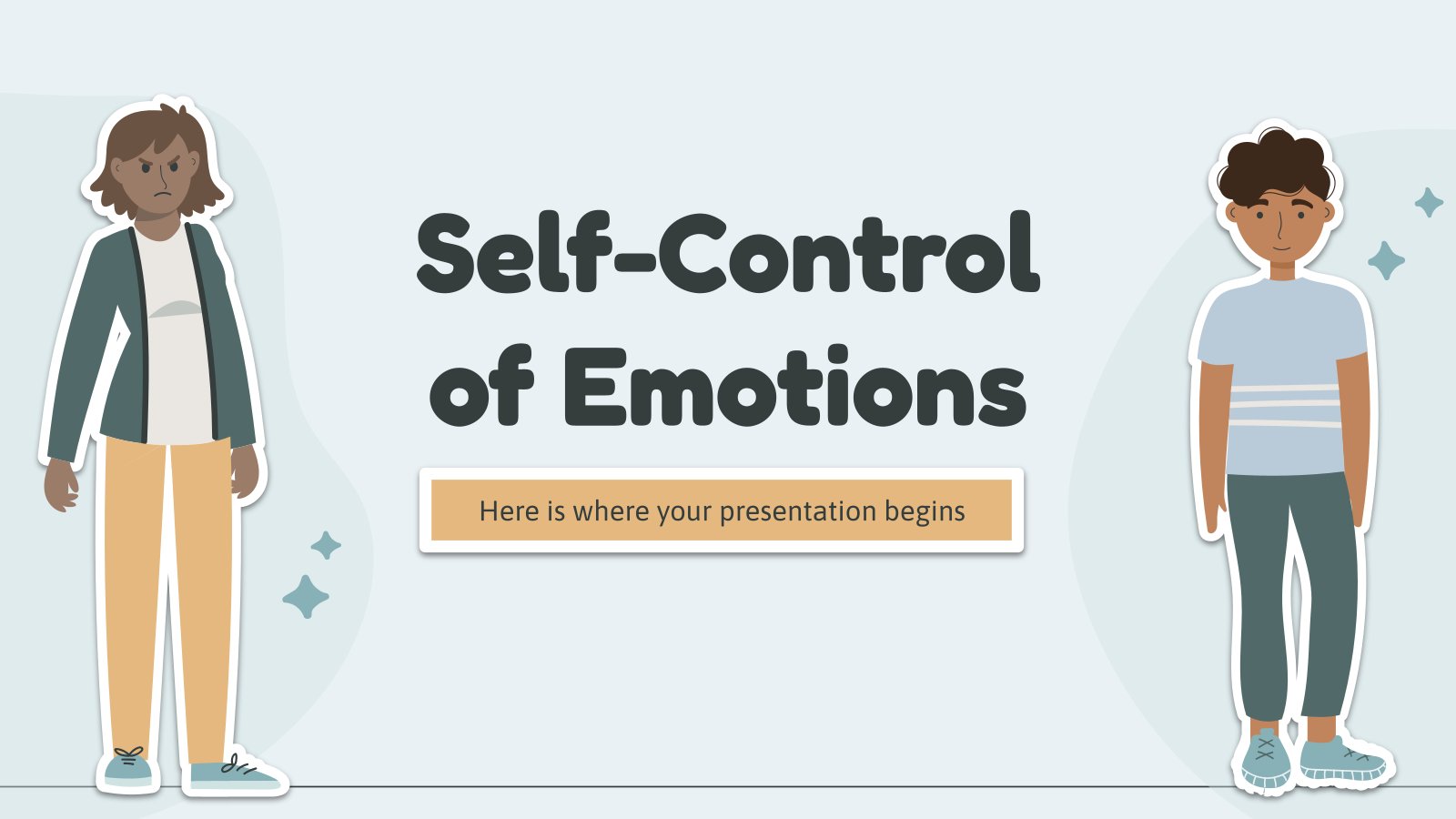Shifting from Disorder to Peace: Managing Your Feelings Successfully

Emotion regulation is a vital competence that can substantially affect all facets of our daily lives, from our private relationships to our professional pursuits. In a environment full of stressors and challenges, the capability to regulate our feelings can be the distinction between productive responses and chaotic reactions. Understanding how to navigate the complexities of our emotions not only promotes mental wellness but also improves our decision-making skills and relationships with others.
As we explore the study behind regulating emotions and examine validated methods for enhancing emotional control, it turns out apparent that mastering this skill is key to realizing both personal and professional success. From identifying emotional triggers to utilizing mindful awareness and building daily habits, there are many strategies we can employ. With the appropriate strategies, we can turn moments of disarray into possibilities for serenity, permitting us to interact mindfully under duress and keep our self-control during challenging interactions. Participate as we reveal applicable practices and understandings to help you take charge of your feelings and nurture a more tranquil, adaptable life.
Proven Methods for Affective Regulation
One successful approach for enhancing affective control is engaging in mindfulness. Through practicing mindfulness, people can cultivate a greater consciousness of their thoughts and feelings, allowing them to monitor their affective reactions minus quick evaluation or reaction. This awareness creates a pause to reflect on how to respond rather than just acting without thought. Basic techniques such as focused breathing, body scans, or even meditation can help center individuals during moments of increased emotion, fostering a feeling of peace amidst the chaos.
A important approach is recognizing emotional triggers. Recognizing what particular circumstances or actions cause strong emotions can enable people to get ready for and manage these triggers more effectively. Keeping a journal to document emotional reactions and considering past experiences can aid recognize patterns. Once recognized, people can use coping techniques tailored to these triggers, such as stepping away from a tense situation or using relaxation techniques, leading to better emotional control.

Enhancing self-knowledge is crucial in emotional regulation. Engaging in regular self-reflection can improve insight into one's affective state, helping to tell between emotions and reactions. With recognizing pause before reacting between suppressing emotions and dealing with them, individuals can discover to articulate their feelings constructively. Strategies such as writing, talking to a trusted friend or seeking qualified guidance can reinforce this self-awareness, making it easier to navigate difficult situations with composure and focus.
An Field of Affective Regulation
Affective regulation is a complicated process that allows individuals to manage their psychological experiences and expressions. This process involves both conscious and unconscious strategies to control emotions, seeking to create a balance between sensing feelings fully and preventing them from becoming overwhelming. Research in neuroscience indicates that the brain areas engaged in psychological regulation include the prefrontal cortex, which is responsible for decision-making and impulse control, and the amygdala, which is essential for emotional responses. The relationship between these regions helps individuals assess situations and respond appropriately without succumbing to impulsive reactions.
Research have shown that effective emotional regulation can lead to improved mental health results. Individuals who practice emotional control tend to experience lower levels of anxiety, depression, and stress. This is because regulation techniques can adjust the intensity and duration of emotional responses, allowing individuals to cope with obstacles more effectively. Furthermore, the ability to regulate emotions is linked to higher resilience, as people learn to handle adversity without letting their feelings dictate their actions.
Incorporating strategies like mindfulness, journaling, and introspection can enhance affective regulation. These practices permit individuals to recognize their emotional triggers and learn better responses. Research suggests that regular engagement in these techniques can bring in lasting changes in brain function and emotional processing, promoting a greater sense of calm and improved overall well-being.
Building Tenacity By Affective Skill
Psychological regulation has a critical role in developing resilience. As persons learn to manage their emotions effectively, they are made better equipped to face difficulties and setbacks. This tenacity allows them to spring back faster from unfavorable situations, rather than being swamped or beaten. Enhancing psychological control assists create a buffer against pressure, allowing individuals to approach difficulties with a problem-solving approach rather than being paralyzed by affective chaos.
Furthermore, gaining control over affects fosters a constructive view, which is key for resilience. This necessitates identifying and reframing negative thoughts, enabling people to perceive challenges as possibilities for development. A tenacious individual understands that affects, while strong, can be controlled and applied constructively. This mindset not just enhance their skill to manage with pressure and also strengthens them to maneuver life's uncertain quality with assurance and grace.
Finally, the nurturing of emotional regulation strengthens connections, and it is a crucial aspect of tenacity. By regulating affects and interacting efficiently during conflicts, people can maintain strong bonds with each other. Nurturing connections provide a safety net during challenging moments and enhance overall psychological health. By committing in affective regulation, persons not only strengthen their personal resilience but also contribute constructively to their communities and connections.
